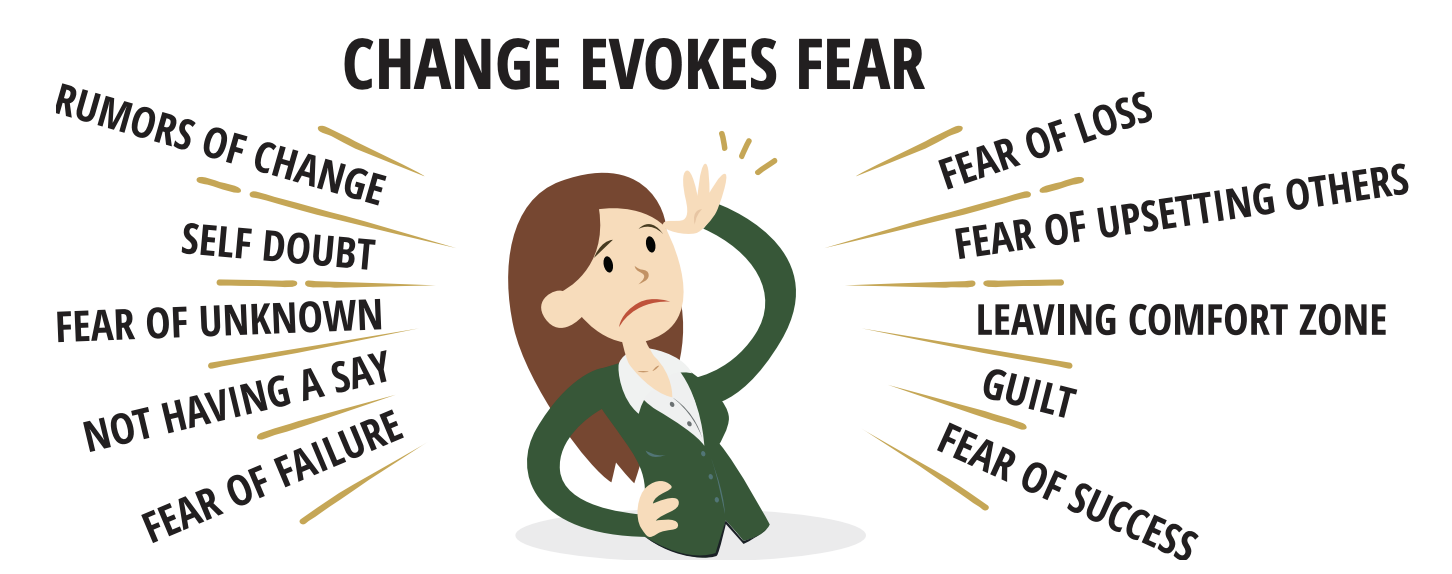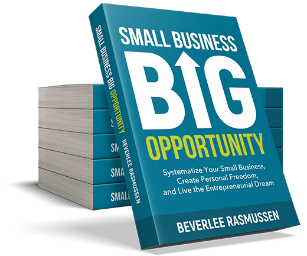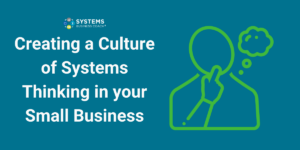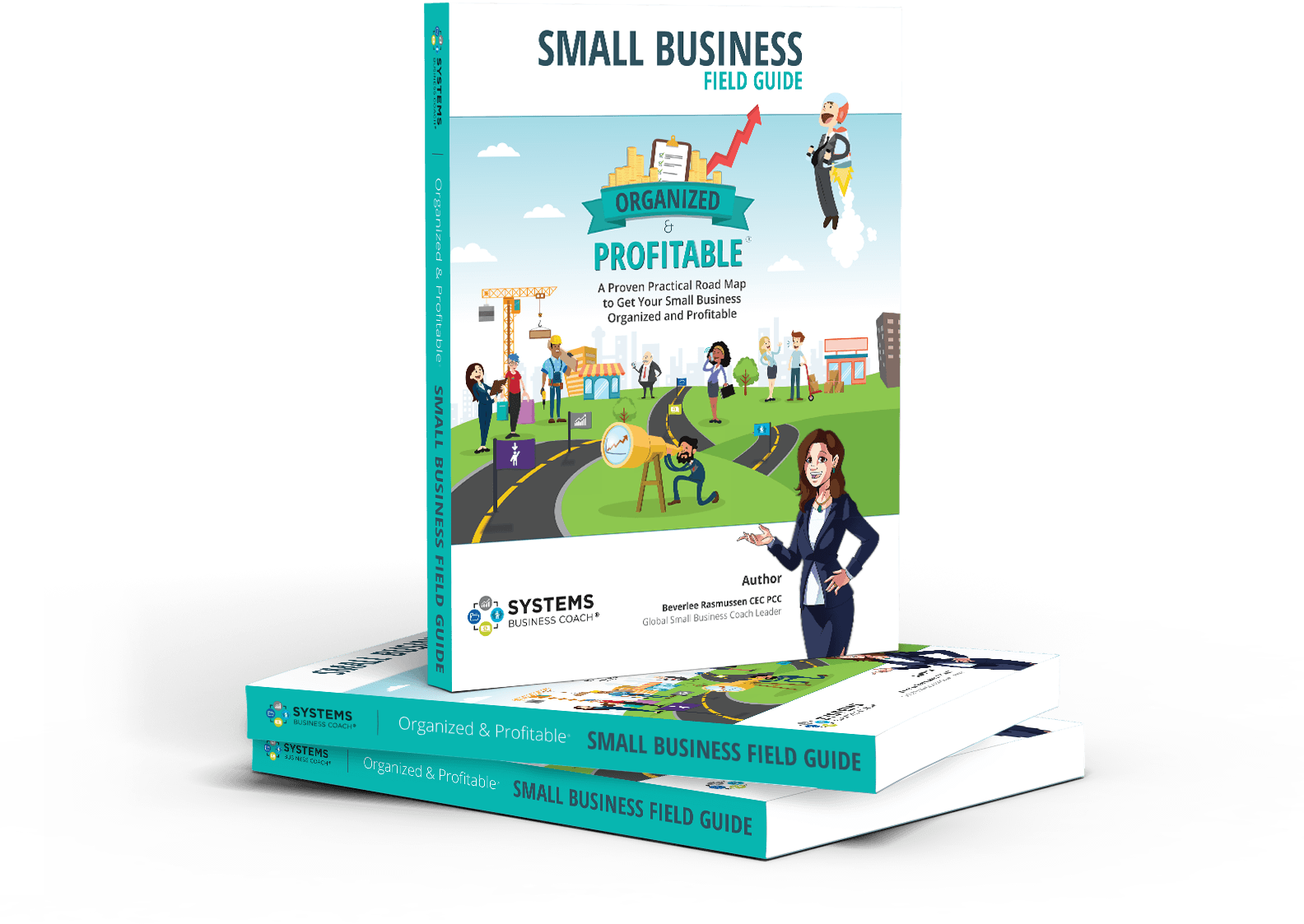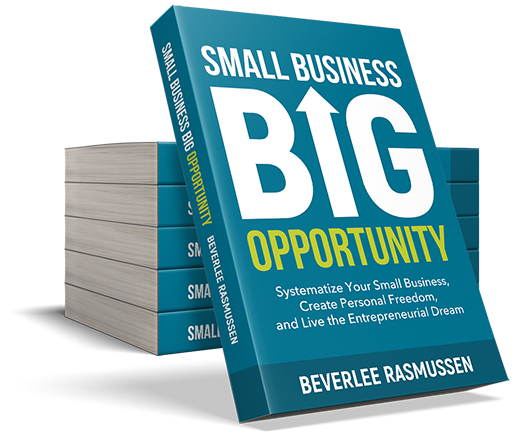We love a routine. We get up, get ready for work, and go through our routine. Maybe we head to our favourite coffee shop. It’s not one of the chains because we feel good about helping the local community. We know all the people there and usually when they see us in line, they start on our order.
But today, something has changed—our coffee shop has closed. The lights are off and we have no idea what we are going to do about our morning ritual, our favourite coffee.
lights are off and we have no idea what we are going to do about our morning ritual, our favourite coffee.
It seems like a small change. You simply have to find another place to get your daily caffeine fix, but dealing with change, even if it’s a good change (oh they renovated the coffee house… what happened to my favourite chair? Oh no…) we have trouble accepting it.
When our business changes for a variety of reasons: a slow period, new rules, new procedures or software, added staff or a location, we have trouble with it.
We feel a bit of danger because our lizard brain, the brain that keeps us from harm, is wondering if we are going to be ok.
So how do we quell the fear quickly in our company? How do we make sure that people understand and don’t stay in that disappointed or panicked place for long?
First, you want to acknowledge that fear. If we fake it, like when our credit card customer service agents say, “I hear you’re upset.” we know it’s inauthentic and we tend to become even more angry.
But when people authentically acknowledge our fears from people we trust, our fears are quelled. So, how do we do that?
Acknowledge Their Fears
Whatever their fear, make sure they feel heard around what the fear is. If you attempt to set it aside or dodge it, the fear grows. (When a child says there is a monster in his closet, the parent opens the closet, instead of just yelling back, “No, no, there isn’t!” No one gets to bed on time using that system.)
So when Ted is worried that his new territory will be harder than his current one, you simply acknowledge it. “Ted. I get it. You are thinking your new territory is going to be harder, more hours and super frustrating. Do I have that right?” You are actively listening and dialed-in to what Ted is concerned about.
But it doesn’t end there.
How we Respond to Others Fears
We have all been in situation where we have cringed at the response of another. It can create an awkward tension, a missed opportunity for growth or connection to happen.
When we respond, instead of talking about the fear, the emotion behind the change, we want to talk about the positive aspect of the change, the motive and end result. We are moving the person from an emotional state to a logical one where we can talk about the situation clearly. After we acknowledge his fear, we move to talk about the reason for the change. For Ted, it might sound like:
“Ted, the reason we chose you for that new territory, is that you have the skill and experience to tackle it. You are no stranger to new frontiers and you’ll be the example for the rest of sales team on how to kill it out there.” This isn’t lip service—you aren’t blowing smoke—this is honestly how you felt about Ted when he was chosen. But it doesn’t stop there. Your work on helping people cope with fear isn’t the end—you can actually help them even be excited about the change.
Present the Future Well
Now that we have talked to someone about their fear of change, showed them the reason behind the decision, we need to talk to them about how they are helping institute that change. We want to give them action that isn’t “let’s worry about the future,” but “let’s be excited about it.”
Don’t ask: “So what are you going to miss about your old territory, Ted?” You are asking Ted to dwell in the old and something he can’t change. It’s inviting frustration.
Ask: “What are you going to do to crush that new sales territory? What are some of your strategies?” You get Ted talking about the future, the plans, the strategies and he will move into a better place mentally.
You may have to Acknowledge, Respond and Present to multiple people, maybe groups of people, but when we empathize with people’s fears and show them where the positive is found, they are more likely to embrace the change.
Just like you are frustrated about your favourite coffee shop closing,  you soon realize that it’s being replaced by a new gym. You’ve been meaning to get back into shape and now you have the perfect opportunity to get there (plus save on making your own coffee!)
you soon realize that it’s being replaced by a new gym. You’ve been meaning to get back into shape and now you have the perfect opportunity to get there (plus save on making your own coffee!)
Change isn’t necessarily a bad thing; we just want to show everyone the possibilities that come from it.
Reach out if you are struggling with change, chances are we can help.

